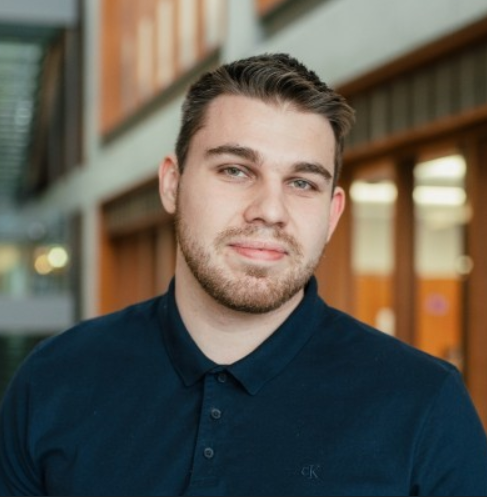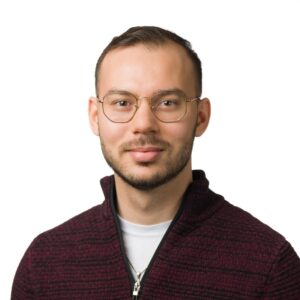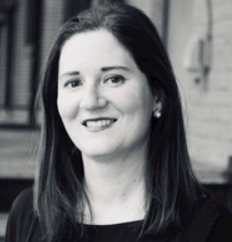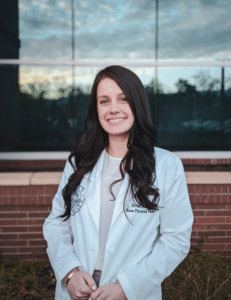Interview with Haris Bajramović
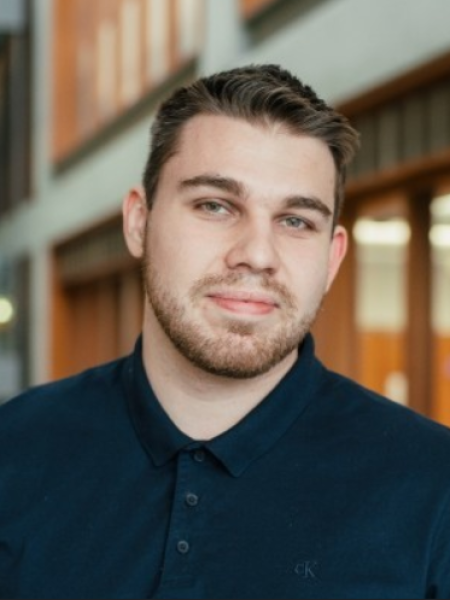
Haris Bajramović is an applications engineer supporting Synplify and HAPS products. He specializes in elevating field-programmable gate array circuits. Bajramović completed his undergraduate and graduate education in computer engineering at Northwestern University. Bajramović currently works at Synopsys, a company that delivers industry-leading silicon design and analysis solutions.
Can you describe your occupation, including your title, industry, duties, and the impact that your actions have in your field?
I’m a senior FPGA applications engineer working in the semiconductor and electronic design automation (EDA) industry. I help create software used in the design, analysis, and verification of hosts for semiconductors and related products.
I specialize in FPGAs, which are a type of chip that can be reprogrammed, offering unique benefits compared to traditional chips. Any chip that’s in your phone was created using an EDA tool! As an applications engineer, I ensure tools are working as expected, which requires technical knowledge of design principles and an understanding of how to utilize tools to get the best result.
Some of my other duties include meeting with customers to understand the issues they’re facing, subsequently working with research and development colleagues to fix or improve our tools to suit customer needs.
Recently, I’ve taken on projects requiring me to test software prior to customer use. I get to take on the role of both a customer and a developer, giving me the insight needed to truly improve our software.
How did you get your start in your industry?
I knew I wanted to become an engineer when I took physics in high school, but I wasn’t sure what kind. After reading an article about quantum computing, finding it very interesting, I decided to study electrical and computer engineering at Northwestern University.
At Northwestern, I served as an undergraduate research assistant in a semiconductor lab, where I worked with photodetectors. I’d gotten this research position by connecting with the professor of a class I took called Solid State Physics.
This research experience helped me land an internship my sophomore year of college at Booz Allen Hamilton. It was a software-focused internship, but it led to my next internship at Briteseed, where I focused on FPGA design. These internships shaped my interest in pursuing a full-time role in the semiconductor industry. I learned of my current company, Synopsys, at a career fair, and after hitting it off with a recruiter, I began working as an applications engineer full time.
What steps have you taken over the years to advance in your industry?
I prioritized gaining practical, hands-on experience during my time in college, which is what helped me the most in terms of finding relevant roles. Courses teach you fundamental theory, but engineering is all about applying the things you learn from class to real-life scenarios. Doing research with professors and joining student organizations like NUSolar’s Solar Car Team were valuable experiences that complemented the learning I did in class. Additionally, networking helped me out enormously. I reached out to people in this industry, asking them questions to learn more about what they did in their roles and what it took them to get to where they were.
Currently, I meet with senior colleagues to gain perspective on the best way to do my job. I also speak to my manager often about goals, making sure I stay on track and keep advancing. Additionally, I take time to learn skills beyond what’s needed for my immediate role.
How has working in engineering strengthened your connection to the Bosnian diaspora community?
There aren’t many people from our community in the tech industry, especially not in the semiconductor industry. I’m always eager to share advice with other Bosnians who might be interested in STEM, hoping to encourage them to join this industry.
What aspects of your industry have you made more accessible to the Bosnian community?
In college, I didn’t receive as much mentorship as I would have liked regarding which courses to take, how to apply for jobs, and how to prepare for interviews. Now that I’ve gone through the job search process myself, I make sure to share what I know and help people get on the right path if they’re interested in tech and semiconductors.
What has been a memorable project for you, and what did it teach you?
One of my favorite projects was when I worked as a teaching assistant at Northwestern for a class called Electronic System Design. The class taught students how to create webcams, learning every step needed, including designing circuits, writing code, making 3-D models, and web design. I had taken the class beforehand and had a great (and difficult) time with the final project. When the professor asked me to be a TA, I agreed.
As a TA, I helped students stay on track with their projects and troubleshooted various issues they had. For example, a student of mine had been struggling with coding. One of the values in their code was consistently off by a few digits, and they couldn’t figure out why. After hours of searching through the code to no avail, I finally noticed that the length of the circuit board wires weren’t equal. This mismatch was causing a delay in the signal being transferred, resulting in the incorrect value of the code. This was a problem I never saw before, and working through it helped me understand how to debug integrated systems.
What advice do you have for Bosnian-American professionals who want to join your industry and succeed like you?
Experience is key when it comes to technical roles in the semiconductor industry. To get employers to notice you, you need to have worked on something that shows your ability to apply knowledge in real-world settings, such as research in labs, internships at companies, or even personal projects.
I also recommend taking engineering classes about concepts you want to know more about. For the semiconductor industry, good things to know are digital design, RTL coding, computer architecture, and transistor design. There are many open-source tools related to these topics that you can use to learn.
Another thing to keep in mind is that this is a numbers game. Apply to as many programs and jobs as possible, and reach out to people at companies you want to work for. Competitiveness is just the nature of the job market, especially for those entering the field.

